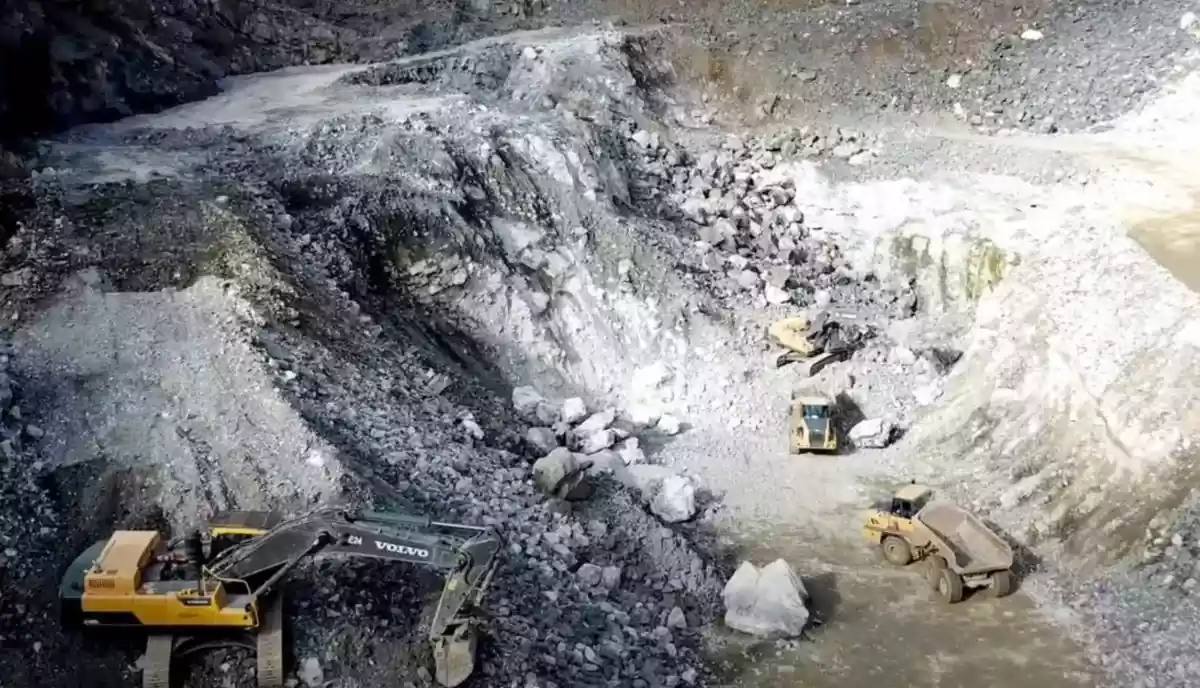
ZIMBABWE should apply economic diplomacy by leveraging on lithium resources to negotiate itself out of sanctions, United Nations Development Programme (UNDP) country representative Ayodele Odusola has said.
The southern African country holds some of the world’s largest reserves of hard rock lithium, a vital mineral in the production of clean energy technologies.
“All countries would want to be major players in the lithium sub-sector globally, why can’t we use it,” Odusola said at a high-profile breakfast meeting organised by the Diplomat Business Networking Club in Harare late last week.
“Zimbabwe must use what it has to get what it wants. All these countries that are imposing sanctions, let me tell you, Zimbabwe has got what they want.”
Earlier this month, the European Union extended its sanctions on Zimbabwe by another year.
The United States has also imposed sanctions on Zimbabwe. Washington, however, insists that sanctions are targeted.
The expected surge in demand for lithium is primarily driven by the increasing adoption of electric vehicles (EVs) worldwide.
Lithium-ion batteries are the dominant energy storage technology in EVs due to their high energy density, long life cycle and lightweight nature.
- Financial inclusion critical for African agriculture success
- ZITF Company launches AfriConfex
- FBC embarks on housing schemes
- 'Zim needs to revamp tourism infrastructure'
Keep Reading
“I strongly believe we need to use it (lithium) as a way to negotiate our way out of sanctions,” Odusola said.
“Ethiopia leveraged on opportunities of its diaspora. There are so many Zimbabweans all over the world, can we leverage on that not only for the opportunity of mobilising resources, but also using them as our champions to work with the government.”
The United States last year lifted sanctions on Ethiopia despite continued abuses and ethnic cleansing campaigns in the northern Tigray region.
Meanwhile, Odusola implored Zimbabwe to prioritise environmental, social and governance practices (ESG).
“The future is knocking, and it demands action. No longer is sustainability a box to check, but the very foundation for businesses that thrive. Studies show clear links between ESG and stronger performance, attracting investors and empowering communities,” he said.
“Strengthening your ESG principles isn’t just noble, it is smart. It leads to greater economic prosperity, reduced risk and a future where your businesses, communities and the planet flourish together.”
Odusola said on renewable energy initiatives, UNDP leveraged on a US$20 million investment from public and private sources through the SDG Renewable Energy Fund and created an Impact Investment Framework to assess potential renewable energy projects.
“At least 62 business ideas and proposals registered their interest in the loan facility and potential technical assistance,” he said.
“The significance of the above lies in that all investments in the sector will be channelled in a coordinated approach towards key priorities within the energy sector for Zimbabwe as articulated in the NDS1 [National Development Strategy 1] and the prioritised SDGs for Zimbabwe.”










